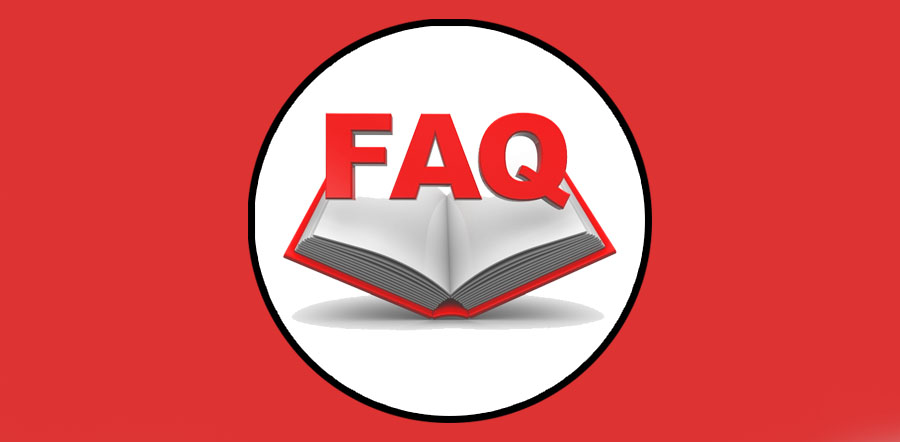IIA-IAP
Get the Guaranteed Success in IIA-IAP Exam Easily
| IIA-IAP Exam Dumps PDF + Practice Test | |||
| Exam: | IIA-IAP | ||
| Exam Name: | IIA Internal Audit Practitioner Exam | ||
| Certification(s): | IIA Certified Internal Auditor | ||
| Questions: | 100 Questions Answers | ||
| Last Updated: | Feb 05,2025 | ||
| Price: | Was: $85 Today: $59 | ||
Check Free Demo Before Buy
$ 79.00 Original price was: $79.00. $ 59.00 Current price is: $59.00.
“The IIA-IAP practice test is something that You’re looking for a very long time is here !”
Pass your IIA-IAP Exam with the Latest QuizDumps IIA-IAP PDF Questions and Answers. QuizDumps provides [Authentic , Updated and Real] IIA-IAP Braindumps that are prepared and verified by IT experts. If you want to get high marks then start your preparation now with QuizDumps Study Material.
1: Download Q&A PDF
You can easily download the IIA-IAP Questions Answers PDF file for the preparation of Internal Audit Practitioner Exam and it is especially designed for IIA-IAP exam and QuizDumps prepared a list of questions that would be asked in the real IIA-IAP exam.
2: Prepare Questions Answers
Use QuizDumps's IIA-IAP exam dumps PDF and prepare Internal Audit Practitioner Exam IIA-IAP Questions Answers with 100% confidently. We offer 100% real, updated and verified exam questions and answers tested and prepared by experts to pass IIA-IAP exam.
3: Pass Your Exam
After your preparation for Internal Audit Practitioner Exam IIA-IAP exam by using QuizDumps's exam material kit you will be ready to attempt all the IIA-IAP questions confidently which will make 100% guaranteed your success in the first attempt with really good grades.
-
SPLK-3003
Splunk Core Certified Consultant
Updated: 2020-12-08 85 Questions -
1Z0-808
Java SE 8 Programmer
Updated: 2020-06-23 190 Questions -
MB-310
Microsoft Dynamics 365
Updated: 2025-01-03 286 Questions -
Salesforce-Slack-Administrator
Slack Administrator
Updated: 2025-02-05 206 Questions -
156-586
Check Point Certified Troubleshooting Expert
Updated: 2024-11-19 75 Questions -
300-635
CCNP Data Center/Cisco Certified DevNet Professional
Updated: 2020-11-11 76 Questions -
SSM
Scaled Agile
Updated: 2022-06-23 45 Questions -
D-OME-OE-A-24
OpenManage Operate
Updated: 2024-09-16 54 Questions
Main points of IIA-IAP Test
The IIA-IAP (Internal Audit Practitioner) exam covers a broad range of internal auditing principles, practices, and skills. Here are the main points, categorized for clarity:
I. Governance, Risk Management, and Control:
- Governance: Understanding the roles and responsibilities of the board, audit committee, and management in establishing and maintaining effective governance. This includes corporate governance frameworks (e.g., COSO).
- Risk Management: Identifying, assessing, responding to, and monitoring risks. This includes various risk management frameworks and methodologies, risk appetite, and risk assessment techniques. Understanding inherent risk, control risk, and detection risk.
- Internal Control: Design, implementation, and effectiveness of internal controls. This covers COSO's Internal Control Integrated Framework and other relevant frameworks. Knowing different types of controls (preventive, detective, corrective) is crucial. Understanding the control environment is vital.
II. Internal Auditing Standards and Methodology:
- International Standards for the Professional Practice of Internal Auditing (Standards): This is a core component. Candidates must understand the definition of internal auditing, the attributes of the internal audit profession, and the principles and standards that guide its practice.
- Planning and Performing Audits: This involves developing audit plans, performing risk assessments, selecting appropriate audit procedures, and documenting audit work properly.
- Audit Procedures: Understanding and applying various audit techniques, including testing of controls, substantive testing, and analytical procedures.
- Communicating Results: Effectively communicating audit findings, recommendations, and conclusions to management and the audit committee.
- Monitoring Activities: Following up on management's responses to audit recommendations and assessing the effectiveness of corrective actions.
III. Professionalism and Ethics:
- IIA Code of Ethics: Deep understanding and application of the IIA's Code of Ethics, including independence, objectivity, and confidentiality. Understanding professional skepticism is paramount.
- Professional Conduct: Adhering to professional standards and acting with integrity.
IV. Specific Areas of Audit:
While the exam doesn't focus on specific industries, it will test the ability to apply the standards and methodologies to various areas, such as:
- IT Audits: Understanding basic IT concepts and how they relate to internal controls.
- Financial Audits: Applying auditing principles to financial statements and processes.
- Operational Audits: Evaluating the efficiency and effectiveness of operations.
- Compliance Audits: Assessing compliance with laws, regulations, and internal policies.
In Summary: The IIA-IAP exam tests a candidate's understanding of the core principles of internal auditing, their application in real-world scenarios, and the ability to apply professional judgment and ethical considerations throughout the audit process. Emphasis is placed on the International Standards for the Professional Practice of Internal Auditing. Successfully preparing requires a comprehensive understanding of all these areas.
Comments

